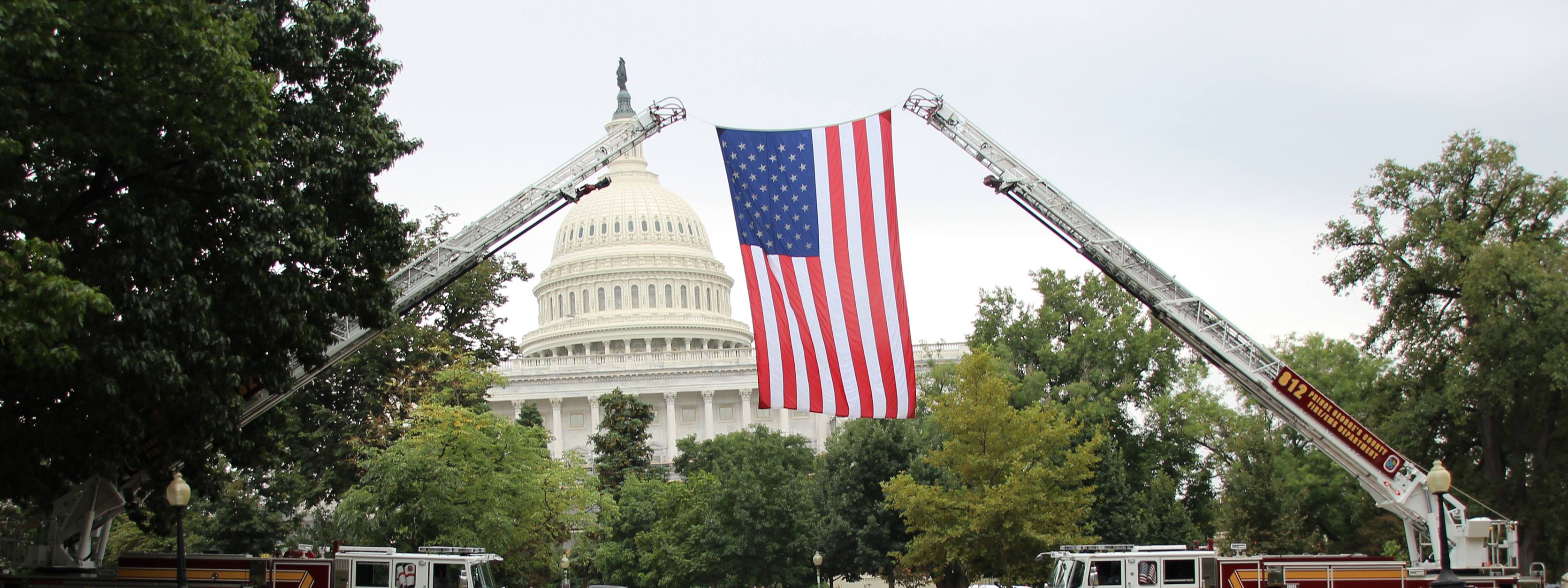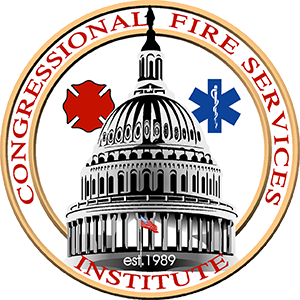CFSI Continues Advocating for Federal Legislation and Programs

- $500 million in additional funding for the Assistance to Firefighters Grant (AFG) Program and the Staffing for Adequate Fire and Emergency Response (SAFER) Grant Program;
- Certain waivers to allow the grant programs to be used more effectively, including waiving cost-sharing requirements and allowing SAFER to be used for retention and rehiring;
- A repeal of the T-Band auction requirement;
- An extension of tax incentives that benefit volunteer firefighters; and
- Certain changes to the Public Safety Officers’ Benefits (PSOB) Program that address eligibility related to COVID-19 exposure.
While it is a positive sign that the House package has included these provisions, passage of this bill in the House is the first foray into negotiations between the House and the Senate on the next COVID-19 package. Additionally, Senate leadership has not released its own version and appears to have a much slower timeline for taking action on another stimulus measure. CFSI continues to work with Hill staff to ensure they are aware of the Fire Service’s priorities as they consider legislation.
On the agency side, CFSI was pleased to note the May 14th announcement that Acting Secretary of Homeland Security Chad Wolf had waived the cost-share, position cost limit, supplanting requirement, and minimum budget requirements for fiscal year (FY) 2019 SAFER grants. He is also expected to provide waivers for the FY2020 SAFER grants, though details are not yet available. At the end of April, CFSI and several partner organizations sent a letter to Acting Secretary Wolf and Federal Emergency Management Agency Administrator Peter Gaynor requesting that they use their waiver authorities for the AFG and SAFER grant programs.
CFSI also recently co-signed comments on FEMA’s proposed Building Resilient Infrastructure and Communities (BRIC) implementation policy that stresses the importance of code adoption and enforcement in carrying-out the BRIC program. The Disaster Recovery Reform Act of 2018 established the BRIC grant program, which seeks to fund effective and innovative projects that will reduce risk and increase resilience and serve as a catalyst to encourage the whole community to invest in and adopt policies related to mitigation.
Finally, CFSI continues to advocate for access to personal protective equipment, testing, and prioritization for vaccines and drugs for front-line firefighters. CFSI has drafted and signed multiple letters and participated in conference calls with federal agency officials to address the need for properly safeguarding firefighters who are responding to COVID-19 emergency calls.
The challenges facing our nation’s fire service will increase as we enter hurricane and wildfire season. At every opportunity, we must remind our federal legislators that the fire service responds to all hazards and needs federal support to help keep their communities safe.
